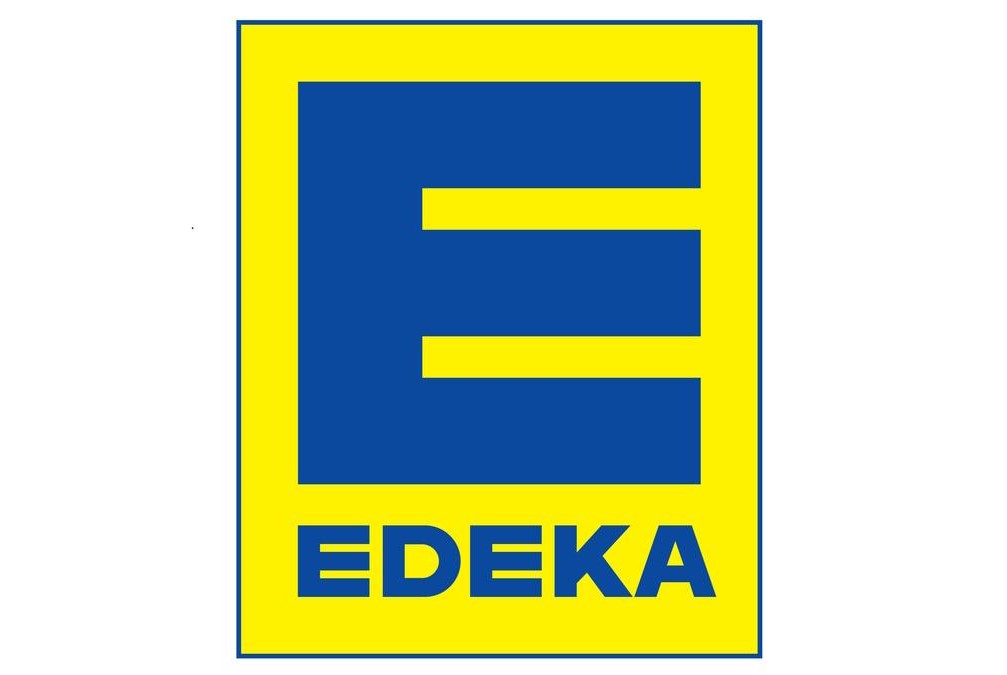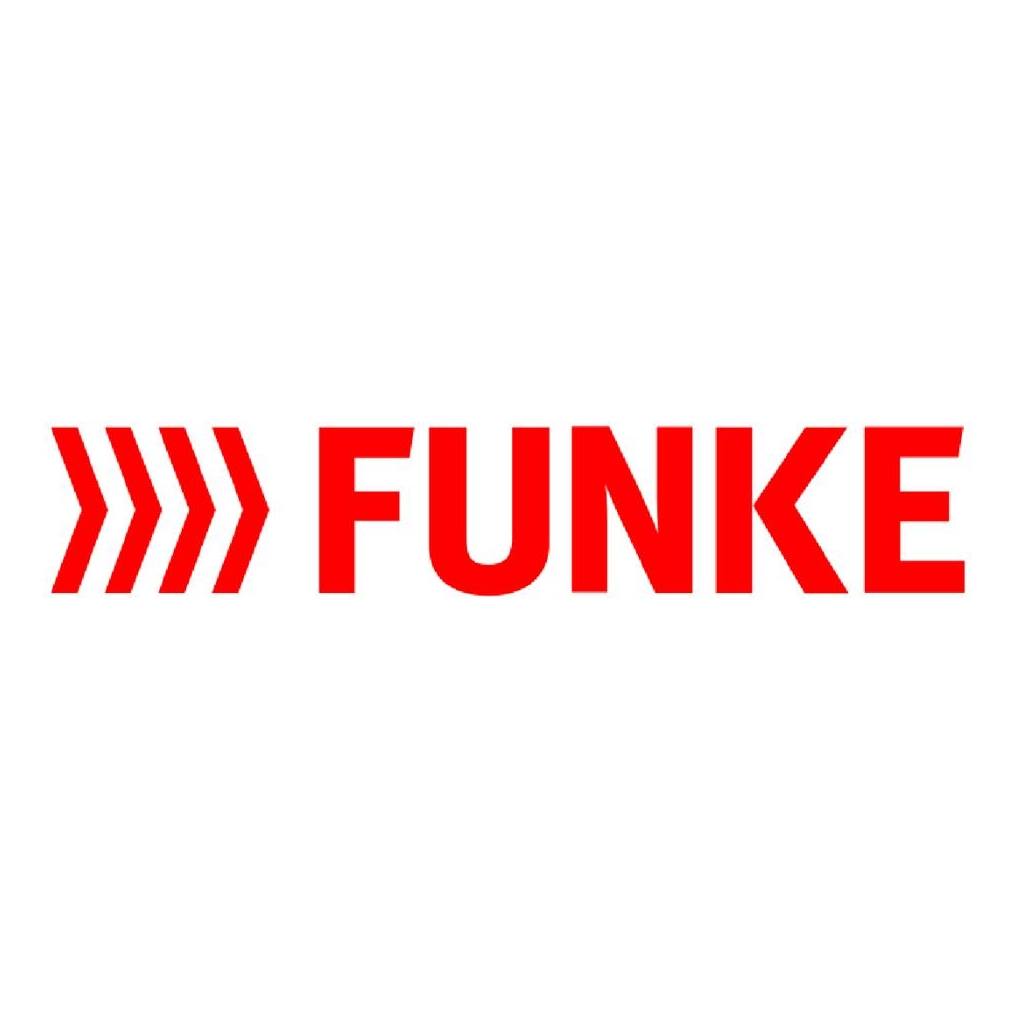Bachelor and Master Theses
We are open to the bachelor and master thesis projects of students from all specializations in business and management, information systems, computer science, and industrial engineering degree programs. Below we explain the process, possible topic areas and other requirements.
Process
If you are interested in completing your thesis under our guidance and supervision, the first step is always to think about a topic you want to work on. We do not hand out topics to students because we believe a thesis topic is a fundamental opportunity for students to select and engage with a topic that they think is relevant for their own future.
Once you have some ideas about a potential topic, please check whether your idea fits with our areas of interest and expertise. If so, simply contact us to schedule a meeting to discuss your thesis project, our available supervision capacity, and potential thesis topics.
Once we agree to supervise your thesis project, prepare the forms that have to be handed in at the academic office relevant to your degree and signed by us, the academic office and you. For example, if you study business adminstration, relevant forms from the Academic Office in the Department of Business Administration are available here.
Next, please note that registering for a thesis involves identifying a suitable second examiner for your thesis. Please check your relevant degree regulations in advance about what requirements exist for the second examinar.
Once the thesis has been registered, you can start working on your project. You may check the offer of the Writing Center of the Universität Hamburg for workshops and write-ins to improve your academic writing. By the stated submission deadline, you will need to hand in your thesis in accordance to your relevant course regulations.
Choosing a research project
Thesis research in cooperation with us can be completed using a variety of research methods, including qualitative, quantitative, conceptual, design, or literature-based research. We typically discuss with you what the best approach is in relation to your stated objective and available options.
Irrespective of the method and approach you end up using, it is fundamentally important that you identify your own topic area and research question that you would like to pursue.
Once you have an idea for your thesis, you can approach us with your idea if it fits our research expertise and interests. Principally, we are happy to supervise theses in the areas of
- Managing AI: the development, use, and impact of artificial intelligence in organizations
- Digital innovation: creation of new products, processes, or services embodied in or enabled by digital technologies.
- Digital transformation: digitally-enabled or -embodied change of incumbent organizations.
- Digital entrepreneurship: digitally-enabled or -embodied new venture creation through entrepreneurial initiatives.
- Digital solutions for sustainable development: digital tools or procedures that assist organizations or individuals to make more sustainable choices or decisions.
If finding a research topic for your thesis proves difficult for you, it may help you to identify a research quetsion in a problem domain that one of our industry partners currently faces. Such a thesis project will be completed in cooperation between us, you, and an industry partner firm who will assist with selecting a research topic, supervising the project, and providing access to cases, data, insights, and experts (interviewees). Collaboration thesis projects are available to master students only. The thesis language will be discussed together with the industry partner but generally, both English and German theses are possible. The following collaborations are available at the moment:
 |
Retail |
|
| Media |
|
|
| |
Sustainable packaging |
|
| AI-powered beekeeping |
|
|
| |
Food Production |
|
 |
Automotive Industry |
|
| |
Software |
|
 |
IT Hardware |
|
 |
Media |
|
Food ProductionSustainable digital transformation of purchasing, production, and sales
Helpful readings
Useful guidelines for planning and exeucting your research project and writing your thesis can be found in the books below.
- Recker, J. (2021). Scientific Research in Information Systems: A Beginner's Guide (2nd ed.). Springer.
- Bhattacherjee, A. (2012). Social Science Research: Principles, Methods and Practices (2nd ed.). Global Text Project.
- Evans, D., Zobel, J., & Gruba, P. (2011). How To Write A Better Thesis (3rd ed.). Melbourne University Press.
Additionally, below are a few exemplary papers that are related to our main focus areas and which may give you some inspiration for the latest research in these areas and the type of research we are generally happy to support.
Managing artificial intelligence:
- Berente, N., Gu, B., Recker, J., & Santhanam, R. (2021). Managing Artificial Intelligence. MIS Quarterly, 45(3), 1433-1450.
- Recker, J., von Briel, F., Yoo, Y., Nagaraj, V., & McManus, M. (2023). Orchestrating Human-Machine Designer Ensembles during Product Innovation. California Management Review, 65(3), 27–47.
- Grashoff, I., & Recker, J. (2024). How GuideCom Used the Cognigy.AI Low-Code Platform to Develop an AI-Based Smart Assistant. MIS Quarterly Executive, 23(3), 325-344.
- Dell'Acqua, F., McFowland, E., Mollick, E. R., Lifshitz-Assaf, H., Kellogg, K., Rajendran, S., Krayer, L., Candelon, F., & Lakhani, K. R. (2023). Navigating the Jagged Technological Frontier: Field Experimental Evidence of the Effects of AI on Knowledge Worker Productivity and Quality [Harvard Business School Technology & Operations Mgt. Unit Working Paper](24-013).
- Brynjolfsson, E., Li, D., & Raymond, L. R. (2025). Generative AI at Work. The Quarterly Journal of Economics, 140(2), 889-942.
- Chen, Z., & Chan, J. (2024). Large Language Model in Creative Work: The Role of Collaboration Modality and User Expertise. Management Science, 70(12), 9101-9117. https://doi.org/10.1287/mnsc.2023.03014
Digital innovation:
- Werder, K., Seidel, S., Recker, J., Berente, N., Kundert-Gibbs, J., Abboud, N., Benzeghadi, Y. (2020): Data-Driven, Data-Informed, Data-Augmented: How Ubisoft’s Ghost Recon Wildlands Live Unit Uses Data for Continuous Product Innovation. California Management Review, Vol. 62, No. 3, pp. 86-201.
- Lehmann, J., Hukal, P., Recker, J., & Tumbas, S. (2025). Layering the Architecture of Digital Product Innovations: Firmware and Adapter Layers. Journal of the Association for Information Systems, 26(6), 1630-1650.
- Yoo, Y., Henfridsson, O., & Lyytinen, K. (2010). The New Organizing Logic of Digital Innovation: An Agenda for Information Systems Research. Information Systems Research, 21(4), 724-735.
- Mendling, J., Pentland, B., Recker, J. (2020): Building a Complementary Agenda for Business Process Management and Digital Innovation. European Journal of Information Systems, Vol. 29, No. 3, pp. 208-219.
- Wang, G., Henfridsson, O., Nandhakumar, J., & Yoo, Y. (2022). Product Meaning in Digital Product Innovation. MIS Quarterly, 46(2), 947-976.
- Hund, A., Wagner, H.-T., Beimborn, D., & Weitzel, T. (2021). Digital Innovation: Review and Novel Perspective. Journal of Strategic Information Systems, 30(4), 101695.
- Lorenz, J., Chandra Kruse, L., & Recker, J. (2024). Creating and Capturing Value with Physical-Digital Experiential Consumer Offerings. Journal of Management Information Systems, 41(3), 779-811.
Digital transformation:
- Pentland, B. T., Yoo, Y., Recker, J., & Kim, I. (2022). From Lock-in to Transformation: A Path-Centric Theory of Emerging Technology and Organizing. Organization Science, 33(1), 194-211.
- Bockelmann, T., Werder, K., Recker, J., Lehmann, J., & Bendig, D. (2024). Configuring Alliance Portfolios for Digital Innovation. Journal of Strategic Information Systems, 33(1), 101808.
- Sting, F. J., Tarakci, M., & Recker, J. (2024). Performance Implications of Digital Disruption in Strategic Competition. MIS Quarterly, 48(3), 1263-1278.
- Baiyere, A., Salmela, H., & Tapanainen, T. (2020). Digital Transformation and the New Logics of Business Process Management. European Journal of Information Systems, 29(3), 238-259.
- Wessel, L., Baiyere, A., Ologeanu-Taddei, R., Cha, J., & Blegind-Jensen, T. (2021). Unpacking the Difference between Digital Transformation and IT-enabled Organizational Transformation. Journal of the Association for Information Systems, 22(1), 102-129.
- Sebastian, I. M., Ross, J. W., Beath, C. M., Mocker, M., Moloney, K. G., & Fonstad, N. O. (2017). How Big Old Companies Navigate Digital Transformation. MIS Quarterly Executive, 16(3), 197-213.
Digital entrepreneurship:
- von Briel, F., Recker, J., Davidsson, P. (2018): Not all digital venture ideas are created equal: Implications for venture creation processes. Journal of Strategic Information Systems, Vo. 27, No. 4, pp. 278-295.
- von Briel, F., Davidsson, P., Recker, J. (2018): Digital Technologies as External Enablers of New Venture Creation in the IT Hardware Sector. Entrepreneurship Theory and Practice, Vol. 42, No. 1, pp. 47-69.
- von Briel, F., Selander, L., Hukal, P., Jarvenpaa, S. L., Yoo, Y., Lehmann, J., Chan, Y. E., Rothe, H., Alpar, P., Fuerstenau, D., & Wurm, B. (2021). Researching Digital Entrepreneurship: Current Issues and Suggestions for Future Directions. Communications of the Association for Information Systems, 48(33), 284-304.
- Lehmann, J., & Recker, J. (2022). Offerings That are “Ever-in-the-Making”: How Digital Ventures Continuously Develop Their Products After Launch. Business & Information Systems Engineering, 64(1), 69-89.
- Lehmann, J., Recker, J., Yoo, Y., & Rosenkranz, C. (2022). Designing Digital Market Offerings: How Digital Ventures Navigate the Tension Between Generative Digital Technology and the Existing Environment. MIS Quarterly, 46(3), 1453-1482.
Digital solutions for sustainable development:
- Borchard, R., Zeiss, R., & Recker, J. (2022). Digitalization of Waste Management: Insights from German Private and Public Waste Management Firms Waste Management & Research, 40(6), 775–792.
- Recker, J., Bockelmann, T., & Barthel, F. (2024). Growing Online-to-Offline Platform Businesses: How Vytal Became the World-Leading Provider of Smart Reusable Food Packaging. Information Systems Journal, 34(1), 179-200.
- Zeiss, R., Ixmeier, A., Recker, J., Kranz, J. (2021): Mobilizing IS Scholarship for a Circular Economy: Review, Synthesis, and Directions for Future Research. Information Systems Journal, Vol. 31, No. 1, pp. 148-183.
- Seidel, S., Recker, J., vom Brocke, J. (2013): Sensemaking and Sustainable Practicing: Functional Affordances of Information Systems in Green Transformations. MIS Quarterly, Vol. 37, No. 4, pp. 1275-1299.
- Loeser, F., Recker, J., vom Brocke, J., Molla, A., & Zarnekow, R. (2017). How IT Executives Create Organizational Benefits by Translating Environmental Strategies into Green IS Initiatives. Information Systems Journal, 27(4), 503-553.
- Degirmenci, K., & Recker, J. (2023). Breaking Bad Habits: A Field Experiment About How Routinized Work Practices Can Be Made More Eco-efficient Through IS for Sensemaking. Information & Management, 60(4), 103778.
- Recker, J., Zeiss, R., & Mueller, M. (2024). iRepair or I Repair? A Dialectical Process Analysis of Control Enactment on the iPhone Repair Aftermarket. MIS Quarterly, 48(1), 321-346.
- Boh, W., Melville, N. P., Baptista, J., Chasin, F., Horita, F., Ixmeier, A., Johnson, S. L., Sarker, S., Ketter, W., Kranz, J., Miranda, S. M., Nan, N., Pentland, B. T., Recker, J., Sadeghi, S., Sarker, S., Sutanto, J., Wang, P., & Wilopo, W. (2025). Digital Resilience for the Climate Crisis: Theoretical Perspectives and Ideas for Future Information Systems Research. MIS Quarterly, https://doi.org/10.25300/MISQ/2025/18779.
